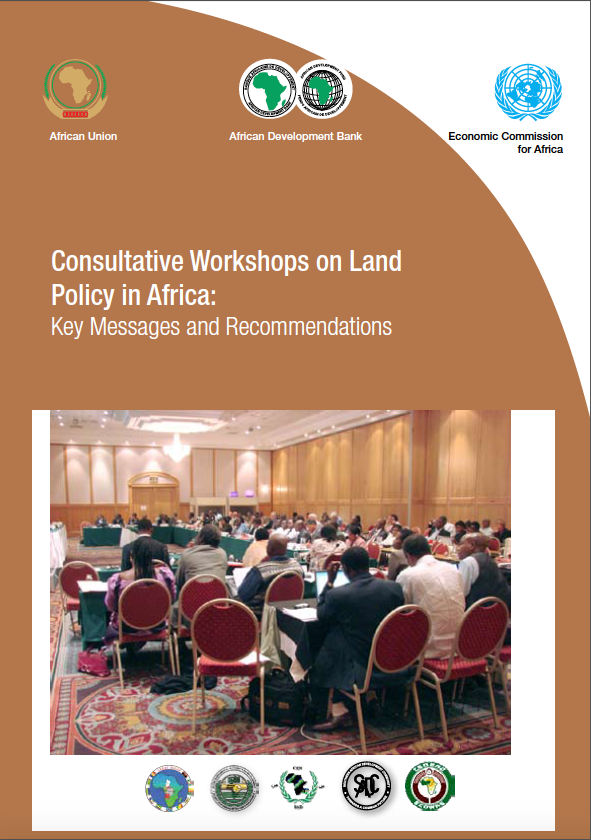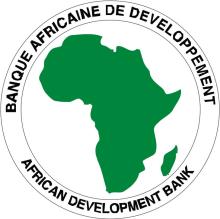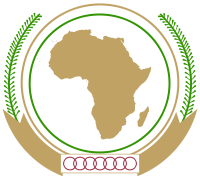Resource information
Land issues are causing increasing concern to governments, the private sector, farmers’ organizations and civil society organizations in Central Africa, and the same applies for development partners working in this region. The need to promote sustainable use of the substantial forest resources, to guarantee national and foreign private investments, and the need to manage the impact of forced displacement of people resulting from armed conflicts in the region justifies, among other considerations, the renewed interest of the Central African States in developing and implementing land reforms.
The Consortium comprising the African Union (AU), the Economic Commission for Africa (ECA) and the African Development Bank (AfDB) launched a joint land policy initiative in 2006. The launch of a continental initiative focusing on the land issue is justified by the fact that sustainable development in the main areas of interest in Africa cannot succeed without tackling and effectively dealing with the land question, which underlies most of the problems. The aim of this initiative is to help the States to re-think their land policies in line with their national realities, and to ensure that they are effectively and efficiently implemented. The current issues involving new land policies in Africa include consolidation of peace, sustainable use of natural resources, promotion of economic growth and poverty reduction.
The land policy initiative in Africa has been developed in close collaboration with the Regional Economic Communities. It is based on a multi-actor approach in which regional consultations are held, involving representatives of the States, civil society and farmers’ organizations, traditional authorities, the private sector, centres of excellence and development partners. Through this consultative process, the AU-ECA-AfDB consortium is encouraging consensus on:
i. major land tenure problems and specificities in each region;
ii. making an inventory of land policy formulation and implementation processes;
iii. lessons that can be drawn from these experiences, as well as national or local good practices which are worth sharing.
Results of all the regional consultations will enrich the process of developing a framework and guidelines on land policy in Africa. Far from claiming to standardize land policies at the continental level, the land policy framework and guidelines aim to make the appropriate approaches and tools available to African States, thus enabling them to develop and implement national land policies that are adapted to their national realities, respect the need to protect the environment and that are geared towards the effective realization of aspirations to economic growth and poverty reduction. The planned land policy framework and guidelines will culminate in the development of markers and indicators that will enable the States to carry out effective monitoring and evaluation of their progress in implementing their national land policies and laws.
The regional consultative workshop on land policy in Central Africa, held in Yaoundé, Cameroon from 6 to 8 August 2008, brought together about 100 participants from eight countries in Central Africa, and from other regions of the continent. The Central Africa workshop is the fourth of this kind organized by the consortium, after the ones held in Windhoek (Namibia, in August 2007) for Southern Africa, Kigali (Rwanda, in January 2008) for Eastern Africa, and in Ouagadougou (Burkina Faso, in April 2008) for Western Africa. The consultative workshop for North Africa, scheduled for September 2008, will end the phase of regional consultations and provide the consortium with the necessary information to begin drafting the African 3 land policy framework and guidelines, which will be made available to the States and institutions working towards economic and regional integration in the continent.




